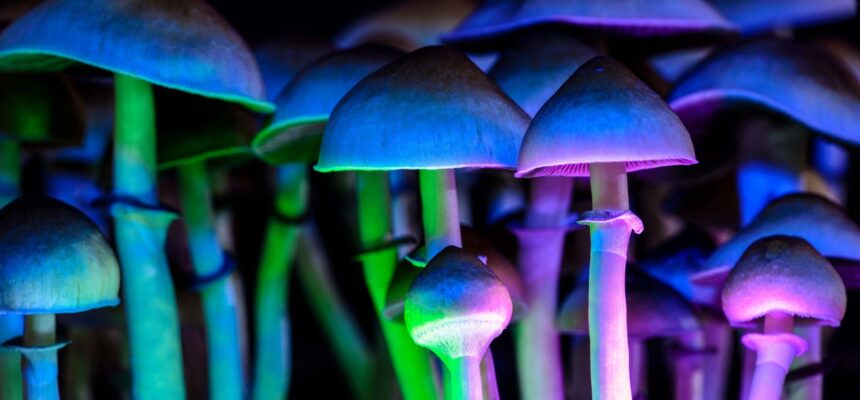
Psychedelic Mushrooms: Magic Mushrooms Explained
Mushrooms are perhaps the most famous fungus we consume on a daily basis. Many varieties are great for cooking and full of vitamins and nutrients. However, not all mushrooms are meant for fine cuisine. Magic mushrooms have many names, but they all have the same effect, and using them may require hallucinogenic drug treatment.
What Are Magic Mushrooms?
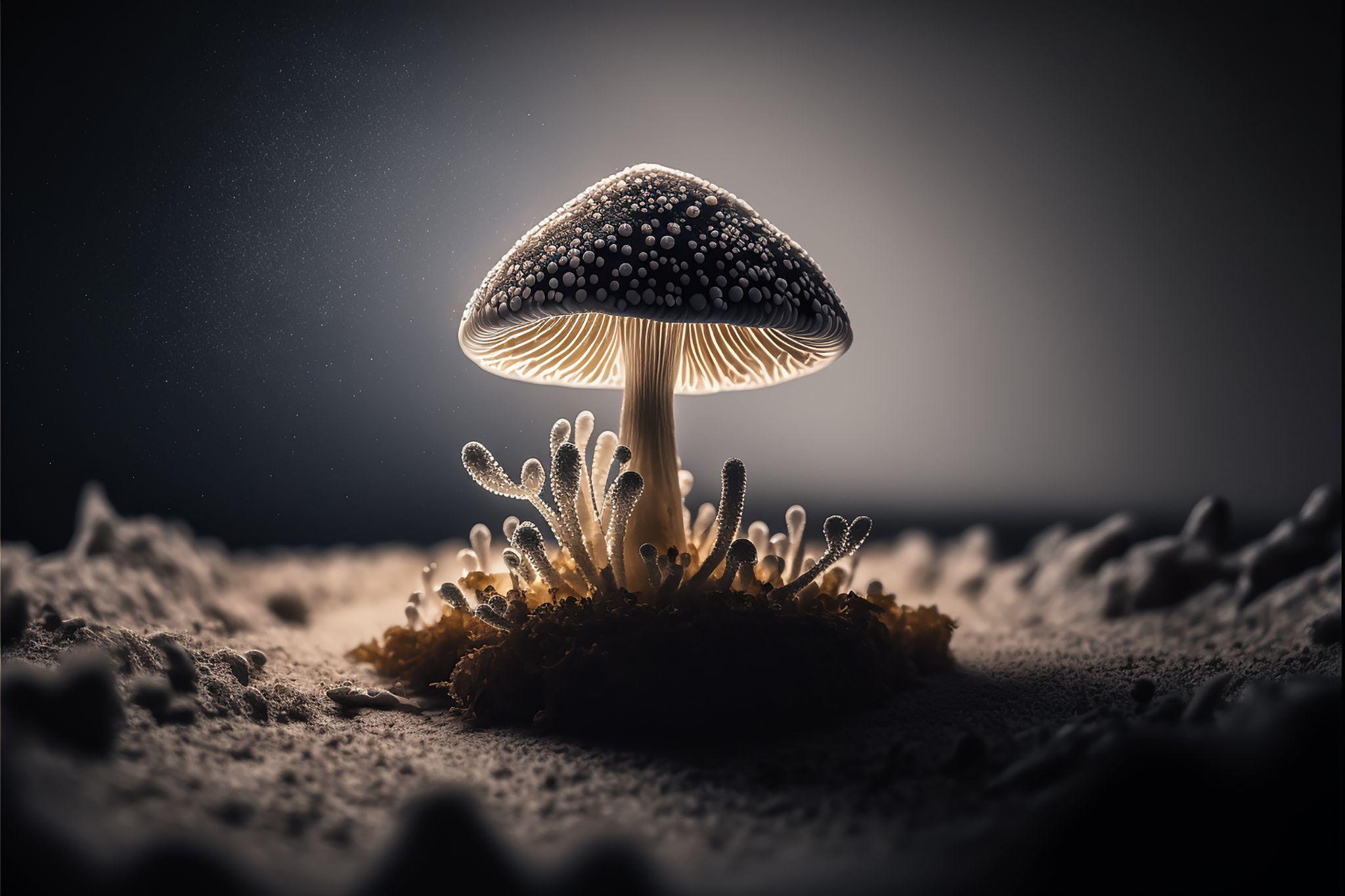
Other names of psychedelic mushrooms include:
- Magic mushrooms
- Shrooms
- Trippy mushrooms
- Psilocybin
They look like normal mushrooms but contain powerful psychoactive and hallucinogenic chemicals that disturb a person’s typical thoughts and behavior, as well as how things are perceived. Someone who is experiencing a high on mushrooms might say they’re “tripping.”
How Do Hallucinogenic Mushrooms Work?
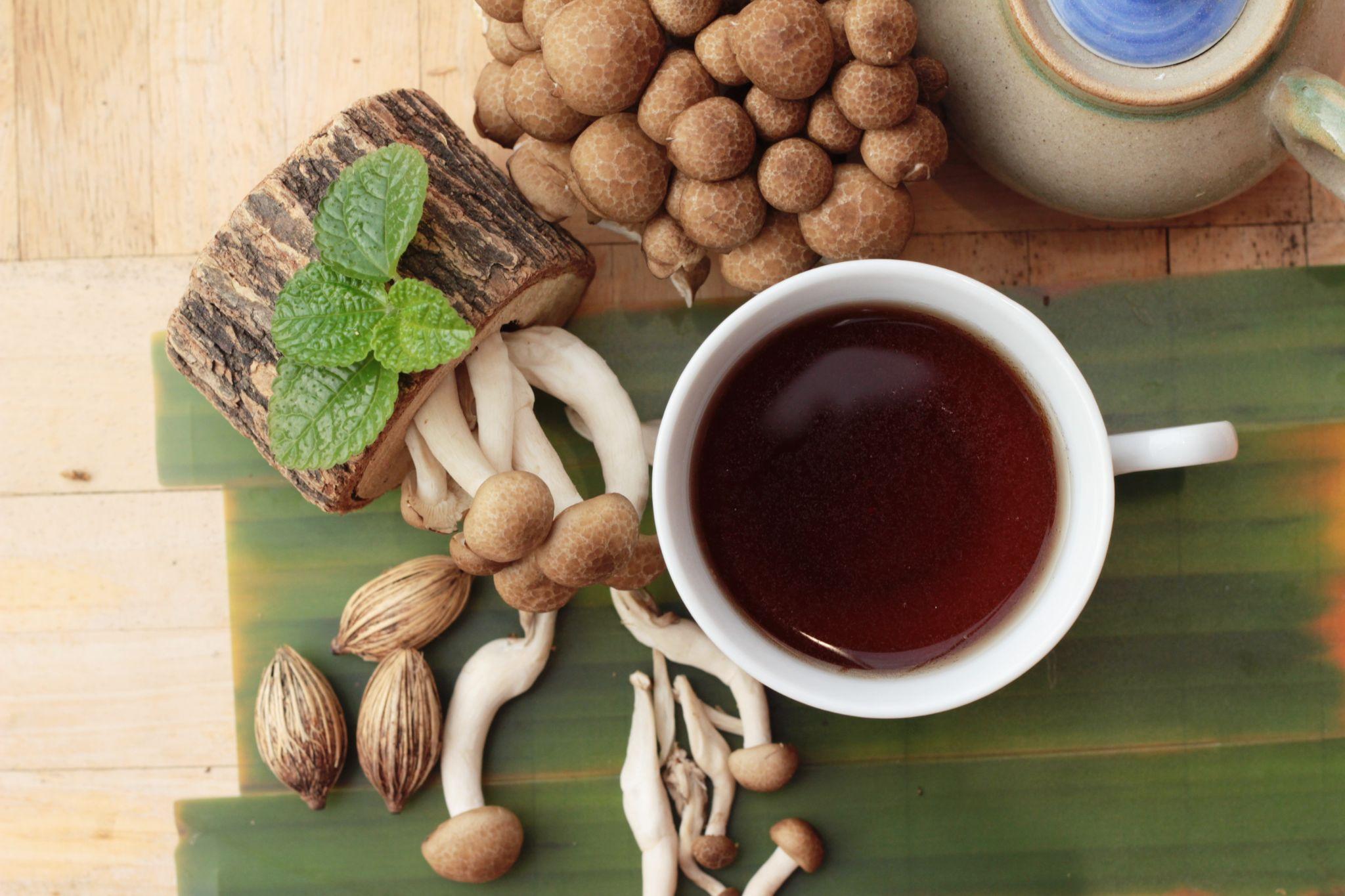
Hallucinogenic mushrooms are widely available in a fresh or powdered form. People consume them as:
- Capsules of powdered mushrooms
- Steeped dried mushrooms into a tea
- Added to cooked food
- Powder added to fruit juice or coffee
In rare cases, powdered magic mushrooms can also be snorted or injected.
Once consumed, a chemical called psilocybin is released from the mushrooms and enters your bloodstream. Psilocybin has a similar structure to serotonin, which is responsible for your mood, sleep, and mechanisms to cope with stress.
Acting like an imposter serotonin boost, the psilocybin in mushrooms can lead to hallucinations, distorted perceptions of reality, and other powerful effects like:
- Mood changes
- Increased imagination
- Improved or reduced ability to learn
Most types of magic mushrooms take 20 minutes to an hour to start working. The effects of magic mushrooms typically last for up to six hours.
Where Are Magic Mushrooms Found?
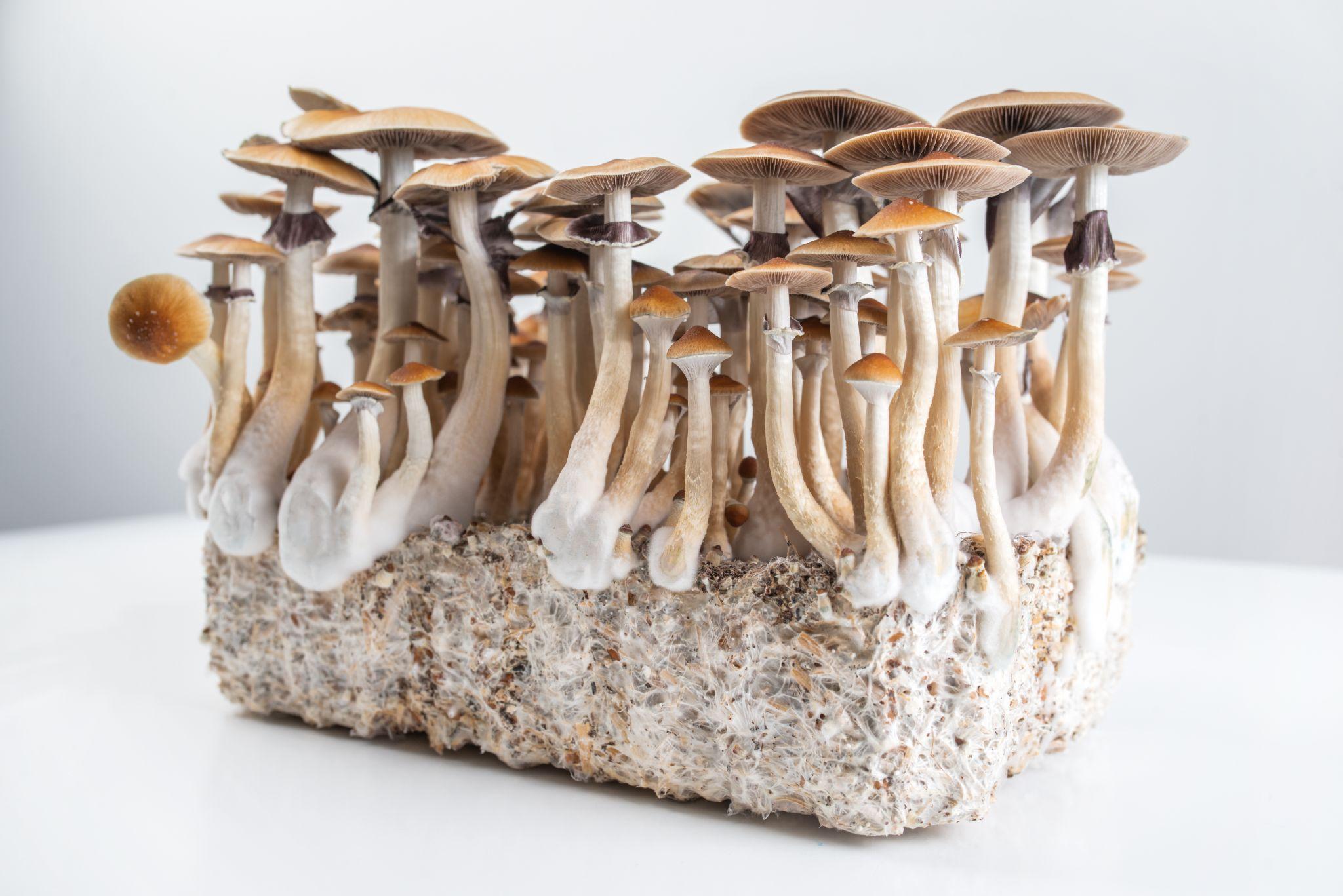
One of the reasons psychedelic mushrooms are so popular is because they are easy to grow or find in nature. The “purest” form of magic mushrooms is known as Psilocybe cubensis. These mushrooms contain psychotropic compounds that are the main cause of the “trippy” feeling most people get when they take mushrooms.
Although magic mushrooms are often easy to spot, certain types of mushrooms look very similar to them but are, in fact, poisonous. Ingesting them could be fatal.
Magic mushrooms are naturally occurring, unlike many other psychedelic drugs. They have been grown for thousands of years. So, where do psychedelic mushrooms grow naturally? Depending on where you live, finding magic mushrooms can be fairly easy—even in North America. You might even have them growing in your own backyard.
Alternatively, due to how easy they are to grow and cultivate, mushrooms are available to buy almost anywhere, and they’re fairly inexpensive, which makes them easily attainable for almost anyone.
What Are the Effects of Psilocybin Mushrooms?
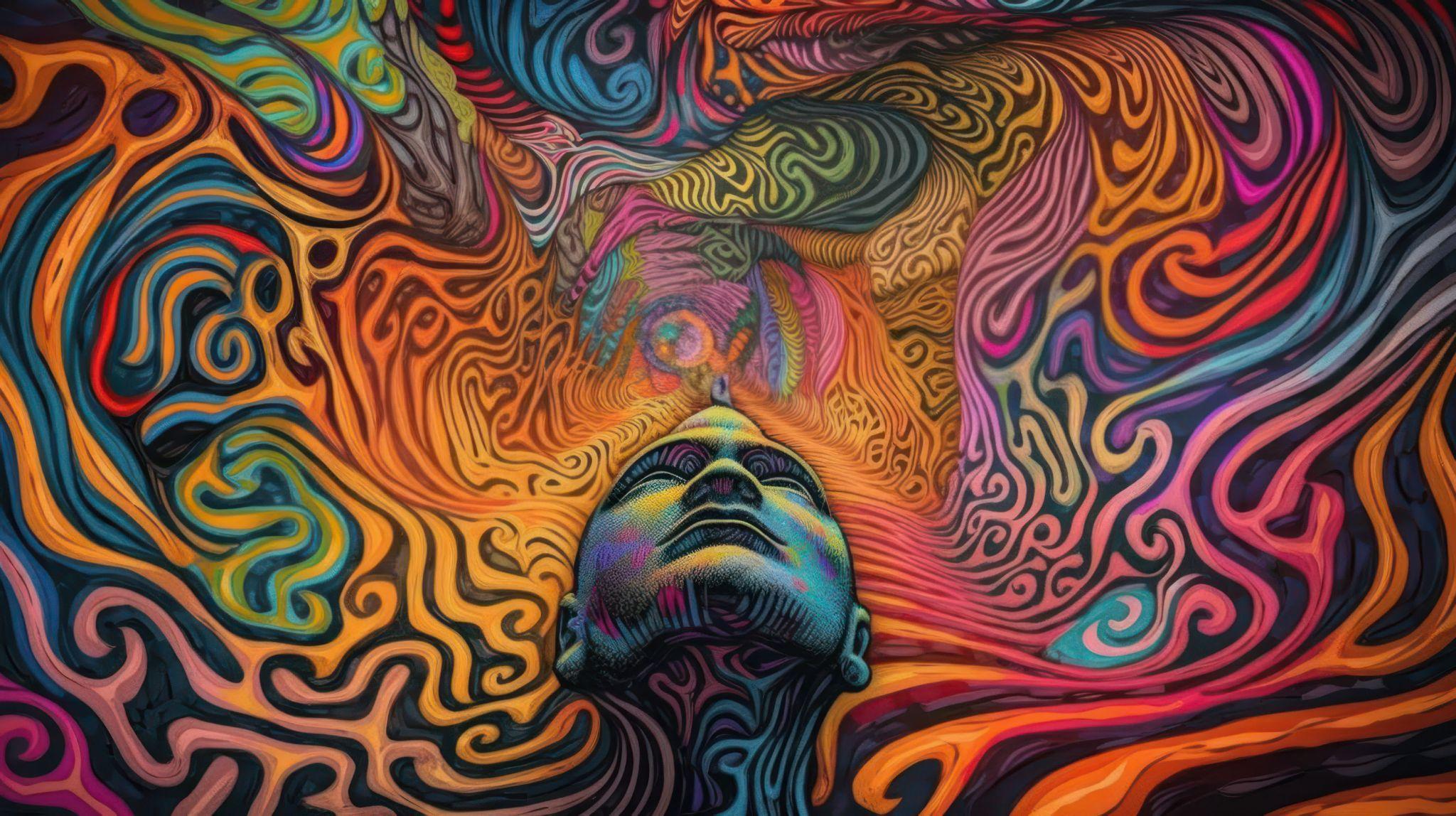
Because mushrooms are hallucinogens, everyone experiences them differently. They directly affect the central nervous system. While you likely won’t experience hallucinations by seeing things that aren’t really there, taking mushrooms can seriously distort the things you do see and experience.
Things like colors, tastes, and sounds can be distorted. You might also have intense emotions as you reach the high from the mushroom. Some people experience emotional breakdowns during this high. It’s easy to feel like time is speeding by or slowing down. Your perception will likely be completely off.
The mental effects of magic mushrooms can include:
- Distorted sense of reality, time, and your environment
- Hallucinations
- Feelings of euphoria
- Anxiety
- Panic
- Paranoia
- Psychosis
- Profound introspective or spiritual experiences
- Confusion
- Mood changes
While the psychological effects of different types of psychedelic mushrooms differ, they all produce similar physical effects, including:
- Nausea and vomiting
- Dizziness
- Muscle weakness
- Stomach cramping
- High blood pressure
- Increased heart rate
- Chills and shivering
- Numbness of your tongue or mouth
- Dilated pupils
- Poor coordination
So, are they dangerous? They can be. While mushrooms aren’t believed to be addictive, it’s easy to build up a tolerance quickly. That can cause you to take more or experiment by mixing mushrooms with other drugs that are more dangerous, like LSD.
Pharmacology and Magic Mushrooms
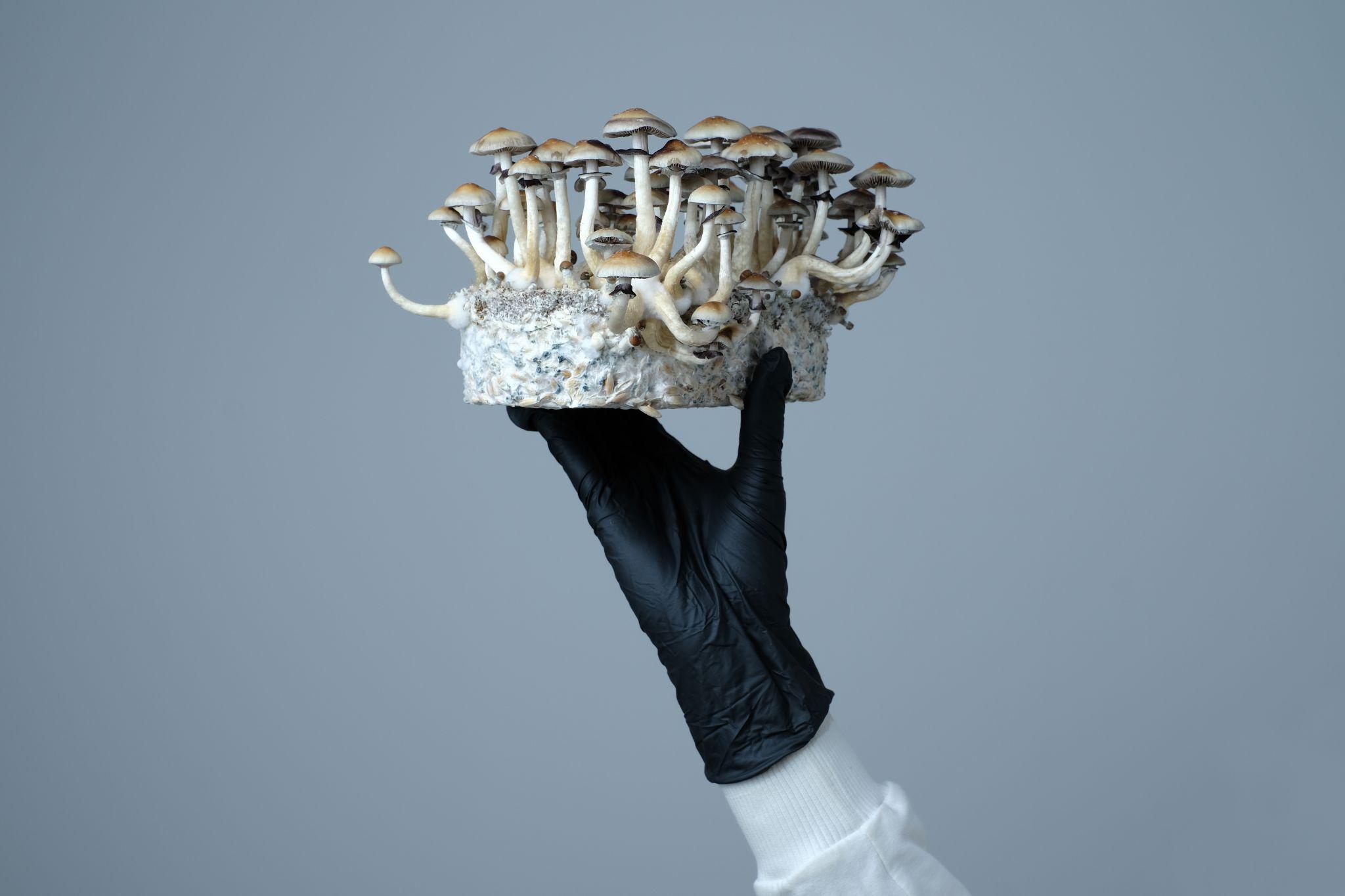
Despite their negative reputation, there are some possible benefits to magic mushrooms when they are taken under supervision and in the right way. People with various mental illnesses sometimes take mushrooms to help to control their symptoms.
There is also evidence that magic mushrooms could be used to treat depression, the emotional stress caused by life-threatening medical diagnoses, nicotine addiction, and alcoholism, among other substance use disorders. Having a mushroom dosage chart or using psilocin pills is often also a helpful method for people using them to take control of their mental health again.
It’s also important to note that there have been no reported deaths from taking magic mushrooms. The number of mushrooms a person would have to ingest to “overdose” would be nearly impossible—but, again, it can be a gateway drug for harder hallucinogens, which can cause more harm.
There’s also the possibility of having a “bad trip” where the things you see and experience can have a profoundly negative effect on your mental health and cause anxiety and stress. It’s also possible for mushrooms to make you lose control of your actions, which could put you at risk, especially if you increase your dosage as you become tolerant to their effects.
Breaking Away from Hallucinogens
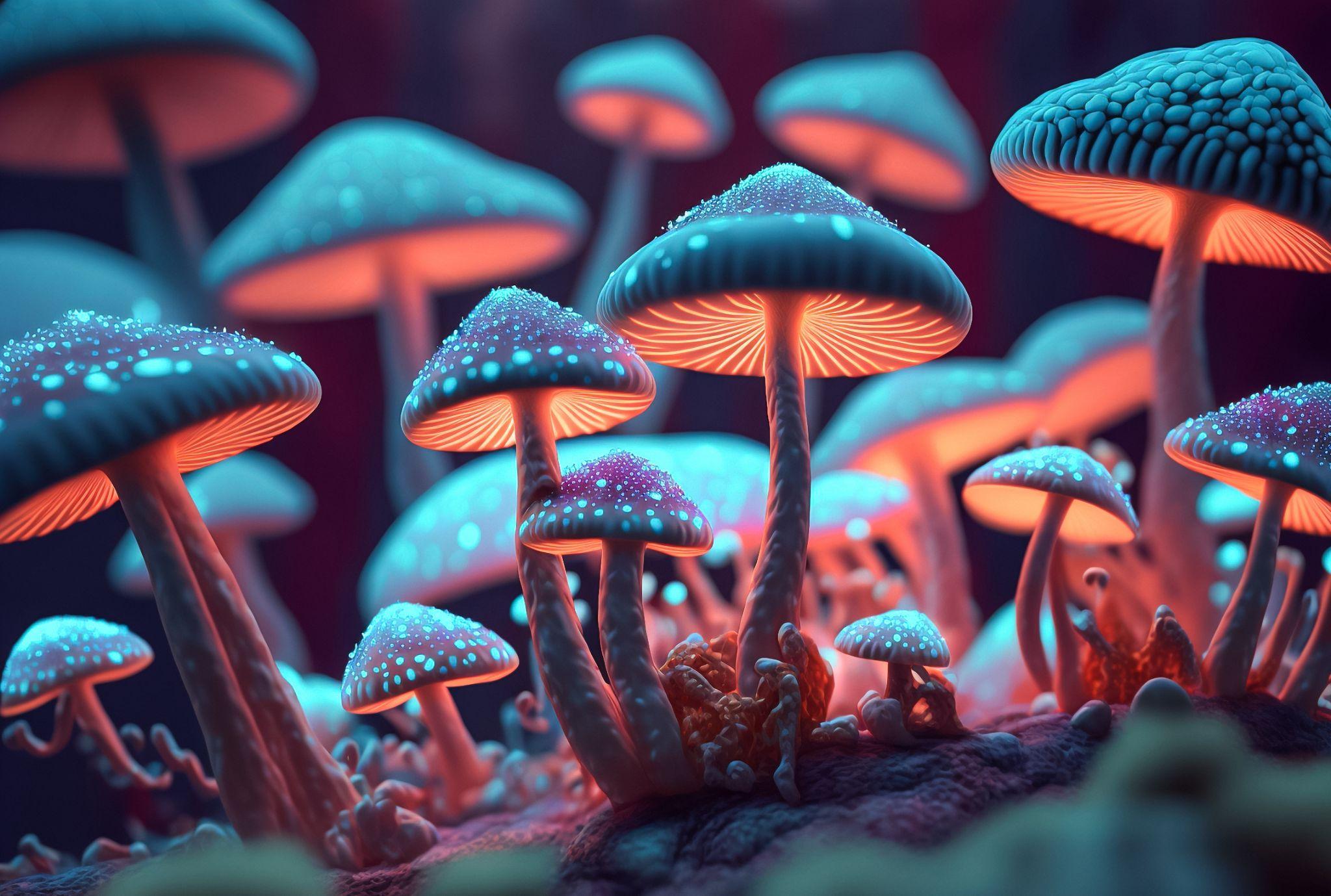
While you might think psychedelic mushrooms are harmless, they impact different people in different ways. Some of the side effects might cause emotional turmoil or health problems like stomach issues. While mushrooms might not be addictive, they can certainly stir your curiosity when it comes to trying other things.
If you are taking magic mushrooms as part of a mental health treatment plan that’s medically supervised, it’s crucial to stick to your doctor’s instructions exactly and only take mushrooms when indicated by your schedule.
However, if you are using mushrooms recreationally or have begun abusing them, you need to kick the habit before it leads to something infinitely worse.
Entering a substance abuse treatment facility that’s experienced with helping people come off hallucinogenic drugs like psychedelic mushrooms as well as other “hard” psychedelic drugs is one of the best ways to overcome your mushroom misuse.
Magic Mushroom Abuse Treatment

There is very little evidence to suggest magic mushrooms are addictive in nature. However, your body can quickly develop a tolerance for their effects, spurring you to take more or switch to stronger hallucinogens like ecstasy, LSD, and acid.
If you have exclusively used magic mushrooms and are entering treatment, you’ll probably not experience any withdrawal symptoms aside from tiredness. However, if you’ve mixed your psilocybin use with stronger psychedelic drugs, you may experience the following withdrawal symptoms:
- Muscle stiffness and pain
- Slowed breathing
- Seizures and convulsions
- Powerful cravings
- Headaches
- Sweating
- Chills or fevers
Choose Yellowstone Recovery Center

If you, or someone you know, has been taking psychedelic mushrooms for a while and you’ve either moved on to harder drugs or you’re worried about what might happen to you if you keep taking them, you’re not alone.
At Yellowstone Recovery, we have years of experience helping people addicted to or misusing a variety of substances, including magic mushrooms, overcome their reliance on drugs.
To learn more about the recovery programs we have available or to enter our facility and get the help you need, please contact our team at (888) 418-4188 or visit our website for more information.








